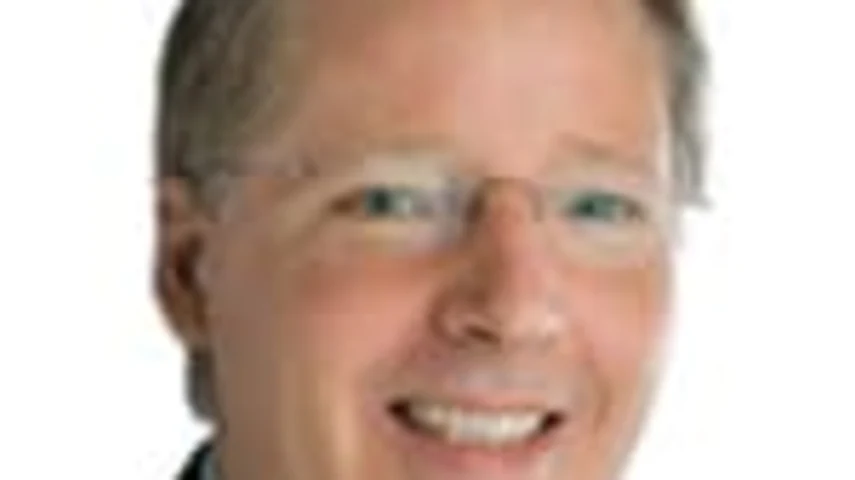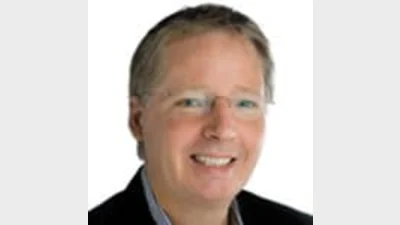SMSFs should pull their weight on infrastructure



Self-managed super funds (SMSFs) should be compelled to put some money into the country's infrastructure assets, according to chairman of retirement income at Challenger, Jeremy Cooper.
Cooper said it would be in the national interest if the superannuation system and the country's infrastructure needs were better married together through directed investment - but that SMSFs needed to pull their weight.
"One of the most crying areas of concern is that the self-managed sector is currently worth around $440 billion dollars and growing, [but] its exposure to infrastructure is about zero, and someone's got to work out a way of getting some of that money into well-managed, conflict-free and highly diversified infrastructure," he said.
Cooper and other panelists were discussing directed investment at the Financial Services Institute of Australasia conference in Sydney.
QSuper head of funds management Charles E. Woodhouse said the Australian superannuation industry were "natural owners" of infrastructure.
He said that although fund managers often had a private equity style, if super funds spent a lot of time negotiating their alignment, directed investment had its advantages.
"The Australian superannuation industry is large and growing and we can potentially be very long-term holders of good businesses…our timeframes can be very closely aligned to the vendor's timeframes," he said.
However, he said economic woes overseas were slowing QSuper's acquisition of new assets.
Troy Rieck, managing director, QIC Capital Markets questioned what the impact of global low yields would be on illiquid assets. He said infrastructure was not an asset that could be unwound easily.
The biggest risk with directed investment was that political risk had become a real thing in terms of economics and finance: insurance premiums were not guaranteed and big pools of retirement savings looked appealing to governments in times of need, according to Rieck.
"The superannuation industry looks like a honey pot, and for the politicians desperate for money, directed investment becomes a real risk for the industry," he said.
Recommended for you
ASIC has commenced civil penalty proceedings in the Federal Court against superannuation trustee Diversa Trustees, regarding the First Guardian Master Fund.
The winners have been announced for the 2025 Super Fund of the Year Awards, held in Melbourne on 26 November by Money Management's sister brand Super Review.
Data and technology provider Novigi has acquired Iress’ superannuation consulting and managed services business from Apex Group.
AMP is to launch a digital advice service to provide retirement advice to members of its AMP Super Fund, in partnership with Bravura Solutions.











